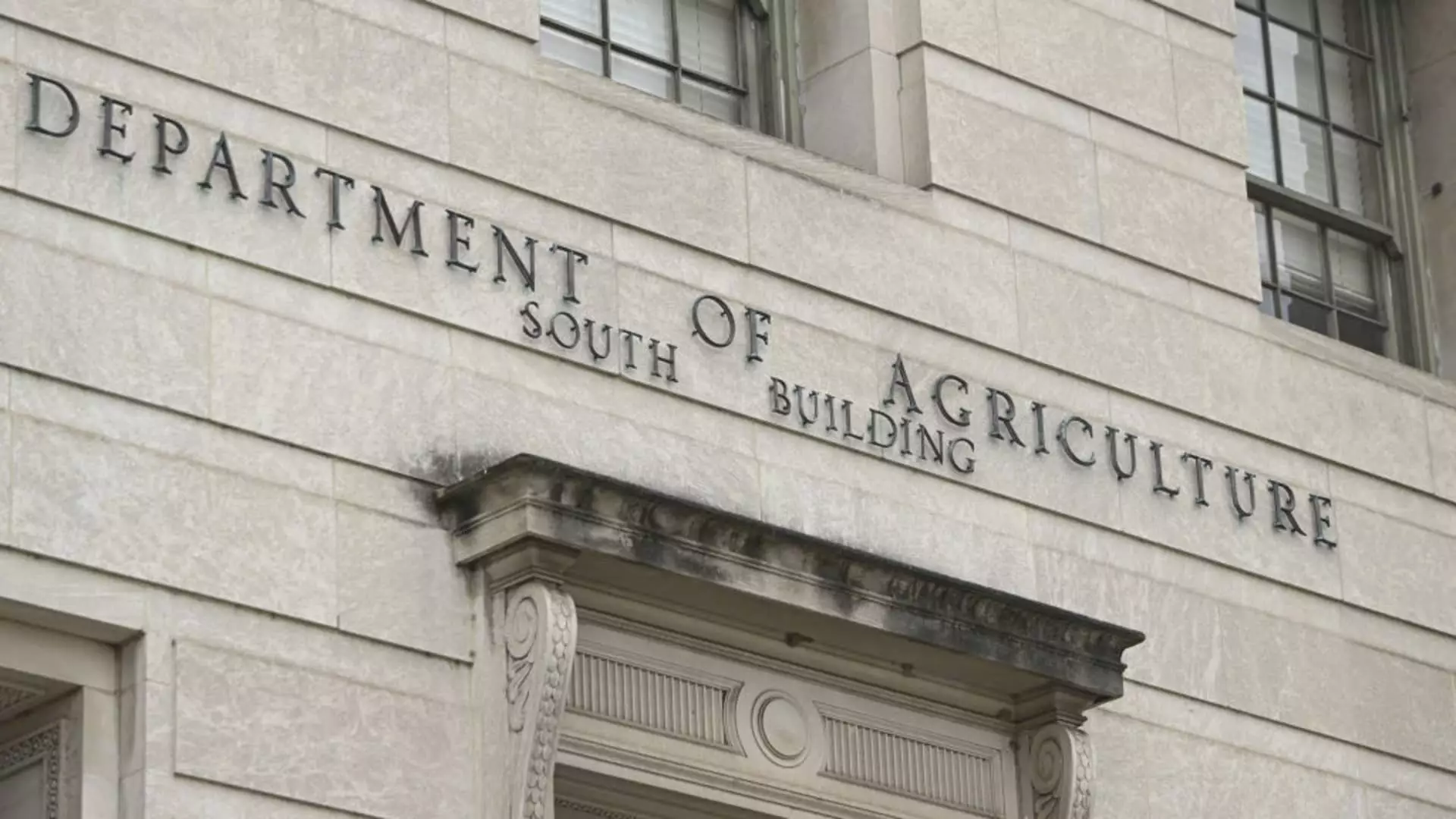As the United States gears up for another term under President-elect Donald Trump, the spotlight turns to his anticipated choice for Agriculture Secretary—Brooke Rollins, currently the president of the America First Policy Institute. Her appointment carries substantial implications for agricultural policies and rural development across the country, covering an agency with a workforce of approximately 100,000 employees and a staggering budget of $437.2 billion for the fiscal year 2024. With offices in nearly every U.S. county, the Department of Agriculture (USDA) is fundamental in shaping the landscape of American farming and food safety.
The USDA is tasked with a cornucopia of functions that directly affect both urban and rural Americans. From managing nutrition programs to overseeing agricultural research, the agency’s influence pervades various sectors. It is responsible for the inspection of meat, negotiating trade agreements, and supporting initiatives like rural broadband expansion—tasks that keep both farmers and consumers reliant on efficient, reliable governance. Consequently, Rollins’s role, if confirmed, will not just impact policy; it will resonate across the economy and influence the daily lives of millions.
As the administration’s agricultural position is now intertwined with broader economic and dietary ramifications, Rollins will need to navigate increasing complexities. Her responsibilities will involve advising on the implementation of clean fuel tax credits for biofuels, particularly at a critical juncture when the biofuel sector aims to innovate, notably in sustainable aviation fuel production. Furthermore, next year’s renegotiation of the U.S.-Mexico-Canada Agreement (USMCA) will require astute leadership as tensions simmer around issues like Mexico’s restrictions on genetically modified corn.
The Political Landscape
The influence of the America First Policy Institute, a think tank with a conservative bent that has shaped Trump’s previous policies, will be significant in directing Rollins’s agenda. Having chaired the Domestic Policy Council during Trump’s first term, she is well-versed in the intricacies of governmental operations and political strategy. Yet, her connections to the Trump campaign and the prevailing political currents may raise questions on how she will balance policy-making with partisan interests.
Should Rollins take the mantle of Agriculture Secretary, her tenure may be marked by challenges stemming from proposed tariffs that could shake up the agricultural sectors significantly. Opinions are still forming around the impacts of these tariffs, and her capacity to address them will be crucial in determining farmers’ futures. Overall, the appointment of Brooke Rollins signifies not just a policy shift but a redefinition of how agriculture will be approached in the coming years. The implications of her leadership could shape American agriculture, food systems, and trade relationships profoundly, setting the stage for an era of transformation in agricultural policy.


Leave a Reply